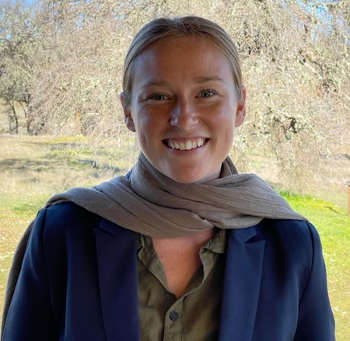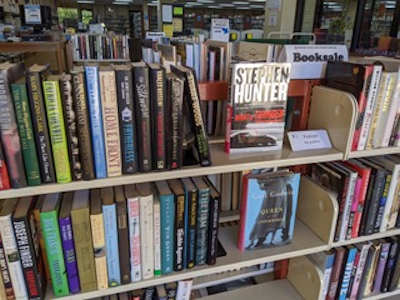- 1Team 1Dream
- Posted On
Applications now being accepted for annual small business competition
The business competition involves several steps.
From the pool of applications submitted, 12 applicants and two alternates will be selected to advance to a one-day workshop and mini-competition where judges will select six applicants to take part in a final competition on Nov. 5, 2022. Cash prizes totaling $85,000 will be awarded.
In 2020 and 2021 combined, $75,000 in cash prizes were awarded to 11 small businesses.
In 2022, the cash prizes are being increased and a new category has been added to recognize the entrepreneurial spirit in the county.
Past winners have all been existing small businesses advancing their operations; the new category is designed to encourage those who have a promising business concept in mind and need a cash boost to successfully launch.
The cash prizes in the 2022 competition are $25,000, first prize; $20,000, second prize; $15,000, third prize; $10,000, fourth prize; $5,000, fifth prize; $10,000 for the best start up business.
Applications must be submitted online at www.1team1dream.net by June 30, 2022.
All the information needed to compete in Hands Up Lake County 2022 is on the website including, eligibility requirements, criteria, FAQs and the application form.
Hands Up Lake County is the signature project of 1Team 1Dream, a 501 (c) 3 nonprofit formed to improve the Lake County economy, one small business at a time.
The business competition is supported by a coalition of private businesses, city leaders and others who support the purpose and goals of the organization.
For more information about the small business competition or to sponsor the event, contact Olga Martin Steele at 916-849-8170.









